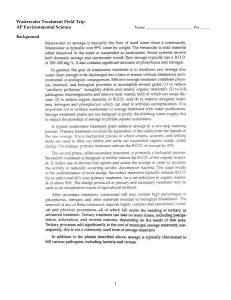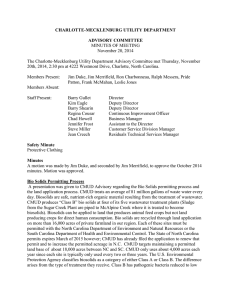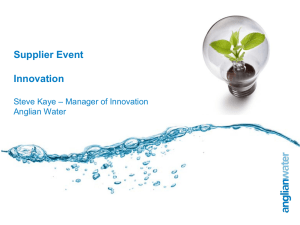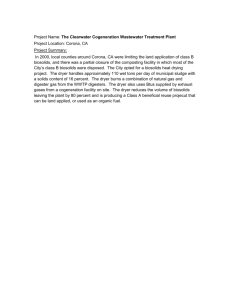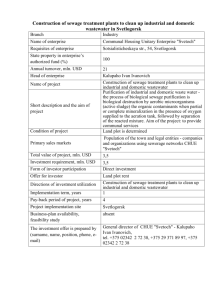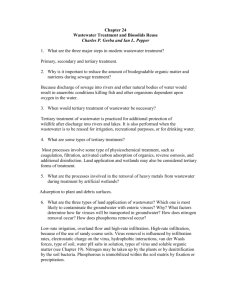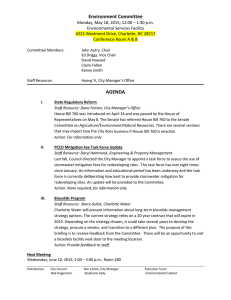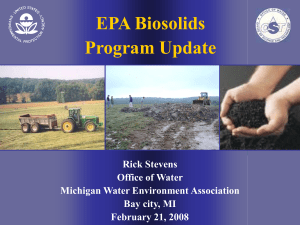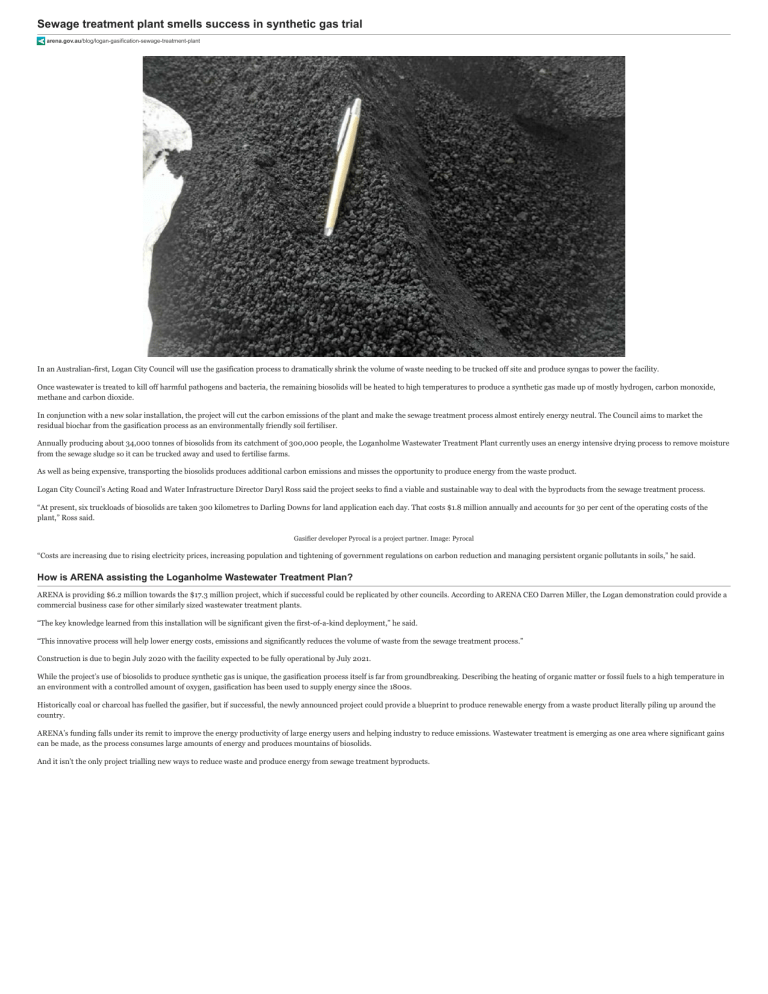
Sewage treatment plant smells success in synthetic gas trial arena.gov.au/blog/logan-gasification-sewage-treatment-plant In an Australian-first, Logan City Council will use the gasification process to dramatically shrink the volume of waste needing to be trucked off site and produce syngas to power the facility. Once wastewater is treated to kill off harmful pathogens and bacteria, the remaining biosolids will be heated to high temperatures to produce a synthetic gas made up of mostly hydrogen, carbon monoxide, methane and carbon dioxide. In conjunction with a new solar installation, the project will cut the carbon emissions of the plant and make the sewage treatment process almost entirely energy neutral. The Council aims to market the residual biochar from the gasification process as an environmentally friendly soil fertiliser. Annually producing about 34,000 tonnes of biosolids from its catchment of 300,000 people, the Loganholme Wastewater Treatment Plant currently uses an energy intensive drying process to remove moisture from the sewage sludge so it can be trucked away and used to fertilise farms. As well as being expensive, transporting the biosolids produces additional carbon emissions and misses the opportunity to produce energy from the waste product. Logan City Council’s Acting Road and Water Infrastructure Director Daryl Ross said the project seeks to find a viable and sustainable way to deal with the byproducts from the sewage treatment process. “At present, six truckloads of biosolids are taken 300 kilometres to Darling Downs for land application each day. That costs $1.8 million annually and accounts for 30 per cent of the operating costs of the plant,” Ross said. Gasifier developer Pyrocal is a project partner. Image: Pyrocal “Costs are increasing due to rising electricity prices, increasing population and tightening of government regulations on carbon reduction and managing persistent organic pollutants in soils,” he said. How is ARENA assisting the Loganholme Wastewater Treatment Plan? ARENA is providing $6.2 million towards the $17.3 million project, which if successful could be replicated by other councils. According to ARENA CEO Darren Miller, the Logan demonstration could provide a commercial business case for other similarly sized wastewater treatment plants. “The key knowledge learned from this installation will be significant given the first-of-a-kind deployment,” he said. “This innovative process will help lower energy costs, emissions and significantly reduces the volume of waste from the sewage treatment process.” Construction is due to begin July 2020 with the facility expected to be fully operational by July 2021. While the project’s use of biosolids to produce synthetic gas is unique, the gasification process itself is far from groundbreaking. Describing the heating of organic matter or fossil fuels to a high temperature in an environment with a controlled amount of oxygen, gasification has been used to supply energy since the 1800s. Historically coal or charcoal has fuelled the gasifier, but if successful, the newly announced project could provide a blueprint to produce renewable energy from a waste product literally piling up around the country. ARENA’s funding falls under its remit to improve the energy productivity of large energy users and helping industry to reduce emissions. Wastewater treatment is emerging as one area where significant gains can be made, as the process consumes large amounts of energy and produces mountains of biosolids. And it isn’t the only project trialling new ways to reduce waste and produce energy from sewage treatment byproducts. / Arial view of the Loganholme Wastewater Treatment Plant In 2018, ARENA announced funding for a Southern Oil demonstration project to produce biocrude oil from biosolids at their refinery near Gladstone. If successful, the project could be scaled up to produce biofuels from biosolids stockpiled at Melbourne’s wastewater treatment plants. ARENA also announced it had approved funding this week for Western Australian company Hazer to produce hydrogen from biogas produced through the treatment of sewage. In a world-first, the project will convert biomethane to renewable hydrogen and graphite using an iron ore catalyst. LIKE THIS STORY? SIGN UP TO OUR NEWSLETTER ARENAWIRE © 2021 /
